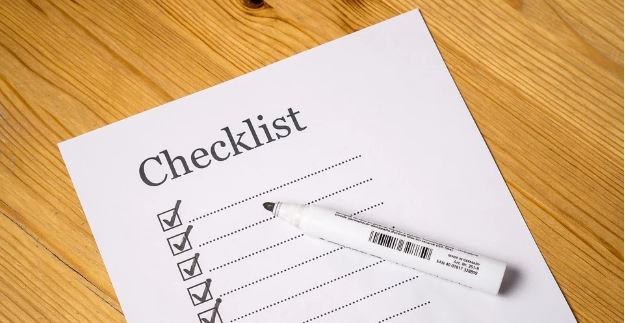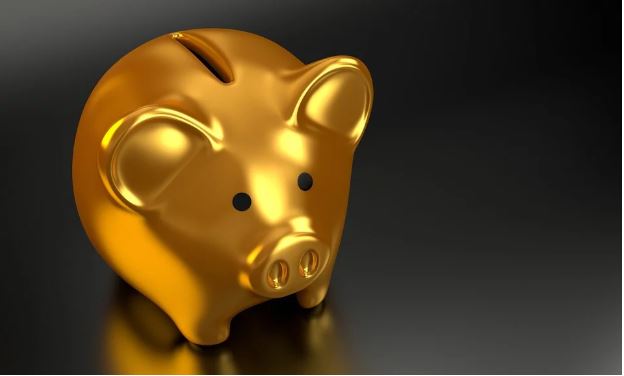 Most people in today’s day and age will find themselves in the situation of having to make a large purchase. This can come in various forms. It could be anything ranging from purchasing a new car or house to paying tuition for school.
Most people in today’s day and age will find themselves in the situation of having to make a large purchase. This can come in various forms. It could be anything ranging from purchasing a new car or house to paying tuition for school.
Sometimes, people are not financially prepared for these large purchases and a loan may be required. Regardless of what the purchase is for, here are some rules to follow when making large purchases to make sure you are making the best possible decision.
Cash and Emergency Fund
Everyone should always have a little bit of spare cash put away as an emergency fund. Because of the random nature of life, we simply don’t know what is headed our way and having that little extra bit of cash can really go a long way and get you out of a bind. That being said, it is important to understand when to use this emergency fund. If this large purchase is an unwelcome surprise and needs your immediate attention, such a car repair, then it would be acceptable to dip into said emergency fund.
If the purchase is more of a luxury item such as buying a new luxury watch, then it would be unwise to use an emergency fund to buy yourself something that might not be as high on the priority list. Protect yourself from overdraft fees and credit interest by buying with cash you already have.
 Need vs Desire
Need vs Desire
We all want the latest and greatest technology and other toys. It’s in human nature to want things. To look at the person next to ask and want what they have. Making the proper financial decisions means that sometimes choices will need to be made that aren’t always pleasant. People need to learn to make decisions every day between having to spend money and afford what they need over what they want. It is not always an easy thing to do.
It is important to be extremely mindful of what we require to function and what we want. Sometimes people blur the lines and confuse what they want with what they need. This is where problems can begin because the same people are more inclined to believe in the urgency of their purchase and may spend money they don’t have. This can lead to spiralling debt issues and lead down a road that should be avoided.
Payment Plans
Many large purchases have to be split into multiple payments across several years otherwise they would not be feasible. These payments are usually billed in monthly cycles at the end or beginning of every month. If making a large purchase it is important to consider all your payment options. Will it have to be a lump sum or can it be paid off monthly, bi-weekly, or weekly? If it can be paid monthly then what are my interest rates? Interest and finances can become difficult and confusing for those uninitiated into the field.
For those having a hard time with the process, the experts at rightride.com have all the information you could possibly need for a loan, including variable terms and interest, and the ability to apply for a loan on the spot. Websites like these provide a lot of great value and information and it would be wise to read through and experiment to learn how large purchases work.
Sale Cycles
Consumers are impatient. Most of them want it right now. Vendors have long since caught on to the cycles of how shoppers function. They specifically schedule sales and items that are no longer of top demand and charge less for them. The trick to beating the system is to buy when the market demand is low.
Not all large purchases are going to be affected the same way, but using a house as an example, we can see that if demand for housing is low then house prices fall. If demand is high, prices go up. Having the patience to wait out these cycles and buy the item when demand is low is a sure-fire way to save a load of money. One of the best examples is when to buy a lawnmower. They would be most expensive in the spring and least expensive in the fall and wintertime.
To sum up it is always important to check over your finances as thoroughly as possible before making any large purchases. Make sure you have some cash left over after your purchase as an emergency fund. Make sure that you have not convinced yourself that you need something and not just want it. Greed is a powerful emotion, don’t let it control you.
Too many times have people bought something they didn’t need only to have to pay far too much in interest payments. If possible see if you can find a payment plan to spread out your payments. Multiple small payments are easier to handle than one lump sum. Lastly, remember to keep an eye out for sales cycles on your item of choice.
Most cycles vary in time from months to years, depending on the value associated with it. A house will usually take years to change in value, whereas a lawnmower may take a few months. Keep an eye on your accounts and happy shopping!
_________________________________________________________
Interesting related article: “What a/to purchase mean?“

